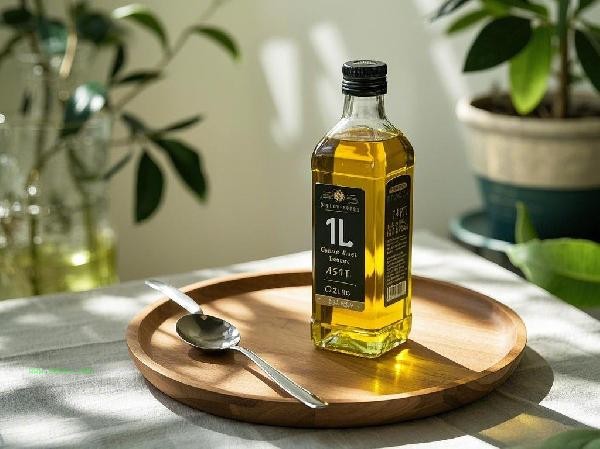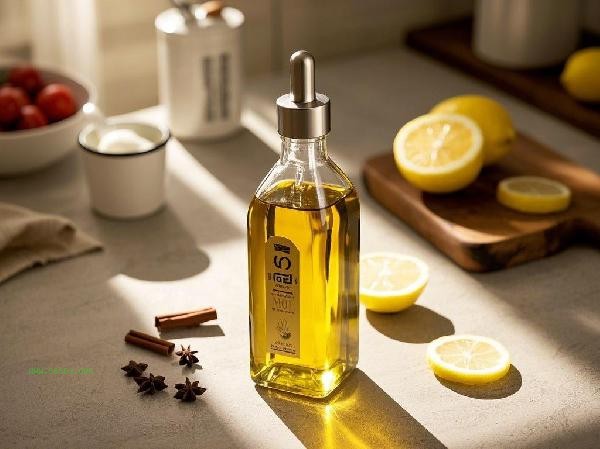Olive oil is mainly used for daily purposes such as cooking seasoning, serving with cold dishes, and skincare and hair care. The common uses of olive oil include direct consumption, high-temperature cooking, beauty care, health preservation, medicinal assistance, etc.

1. Direct consumption
Extra virgin olive oil is suitable for direct consumption and can be dipped in bread or mixed with salads. Its high content of monounsaturated fatty acids helps maintain cardiovascular health. Polyphenols in olive oil have antioxidant properties and can help eliminate free radicals in the body. When consumed directly, it is recommended to choose cold pressed products with acidity below 0.8% to avoid high temperature processing that can damage the nutritional content.
2. High temperature cooking
Refined olive oil is suitable for high-temperature cooking such as frying and stir frying, with a smoke point of over 210 degrees. Compared to animal fats, olive oil produces fewer harmful substances at high temperatures. Olive oil can enhance the flavor of food during cooking, especially suitable for Mediterranean style dishes. Be careful to avoid repeated heating, as high temperatures can cause the loss of some nutrients.
III. Beauty Care
Olive oil is rich in vitamin E and squalene, and can be used as a natural skincare product. Directly applying can moisturize dry skin and relieve winter cracking. It can be mixed with honey to make a moisturizing facial mask. It can be blended with sea salt to exfoliate. Olive oil can also be used for hair care, and hot oil wrapping can repair split hair ends.

4. Health Preservation
Drinking a small amount of olive oil on an empty stomach every day can help promote gastrointestinal motility. Its oleic acid component can regulate cholesterol levels and reduce low-density lipoprotein content. Olive oil, as a core ingredient in the Mediterranean diet, has a positive effect on preventing metabolic syndrome through long-term consumption. It is recommended that adults limit their daily intake to 25-30 grams.
Fifth, Medicinal Assistance
Olive oil is used in traditional medicine to alleviate earwax embolism and skin inflammation. Modern research shows that its anti-inflammatory components help improve symptoms of rheumatoid arthritis. Some topical medications are based on olive oil, which can promote drug penetration. When using medicine, follow the doctor's advice to avoid interaction with specific drugs.

When using olive oil, it is important to store it in a dark and sealed container. It is recommended to use it within three months after opening. For cold dishes, it is recommended to choose dark colored glass bottles for initial oil extraction, and light colored plastic barrels for refined oil for high-temperature cooking. Special populations such as patients with gallstones should control their intake, and allergic individuals should undergo skin testing before use. Olive oil can be used alternately with other vegetable oils in daily life to ensure a balanced intake of fatty acids.









Comments (0)
Leave a Comment
No comments yet
Be the first to share your thoughts!